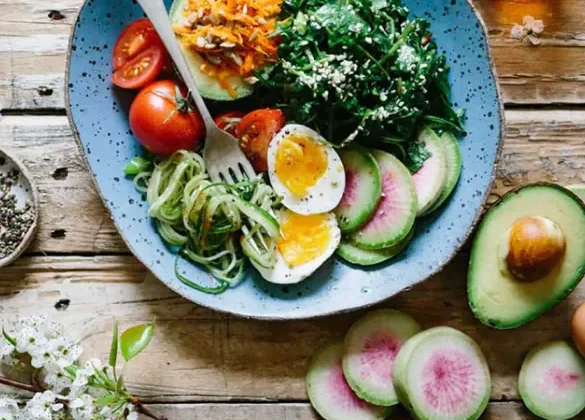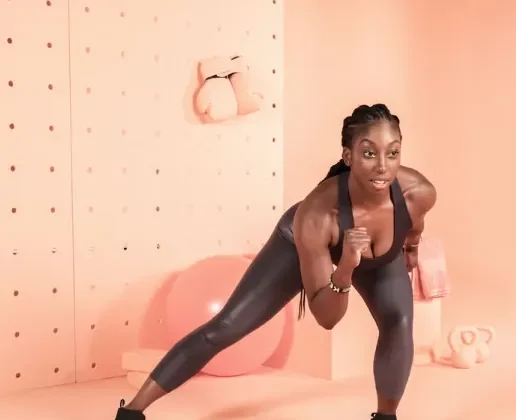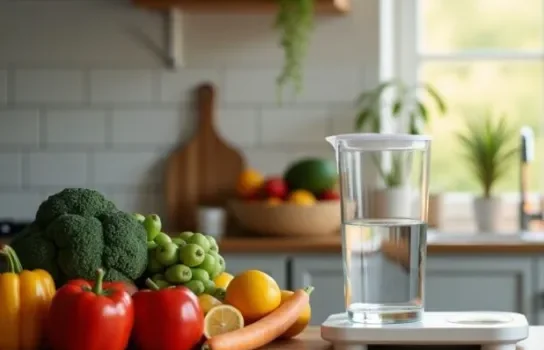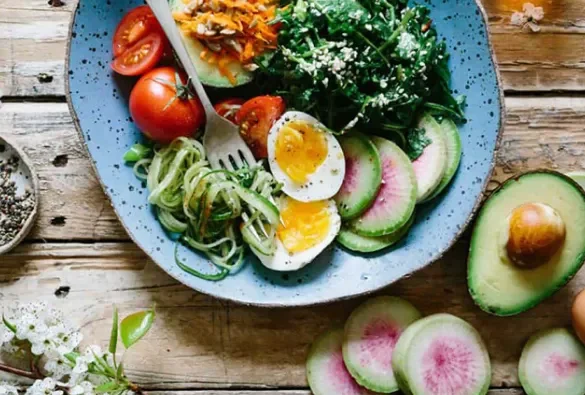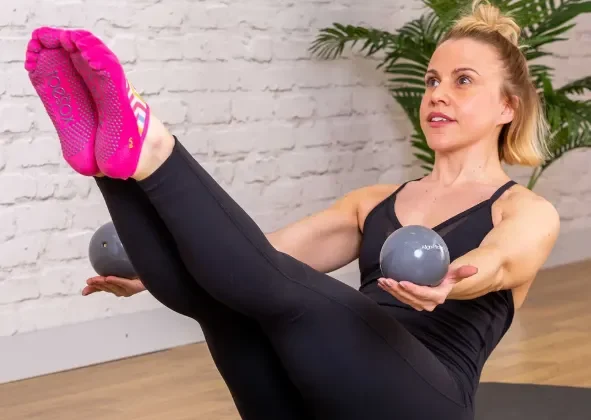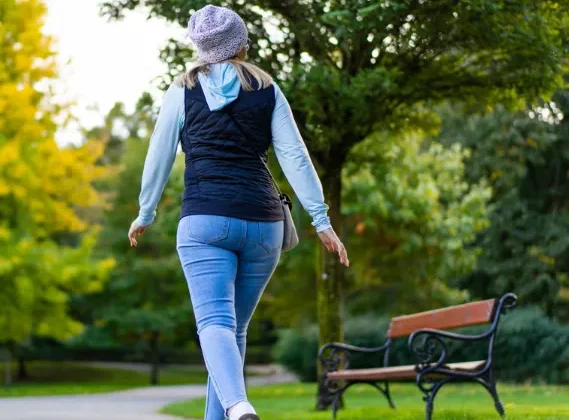High blood pressure, also known as hypertension, is a common health concern affecting nearly half of American adults. When blood pressure consistently remains too high, it creates additional strain on the heart and blood vessels, leading to potentially life-threatening complications such as heart attacks, strokes, and kidney damage. The good news, however, is that you can significantly reduce your blood pressure by adopting healthy lifestyle habits—no medication required.
The Power of Routine
Habits are actions we perform regularly, often without thinking. Once a habit is established, it becomes automatic. The key to improving your health is swapping out unhealthy habits for healthier alternatives. This can be as simple as choosing water over sugary sodas or taking the stairs instead of the elevator. Over time, these positive actions become second nature, making healthy living easier and more sustainable.
Eating Habits That Help Lower Blood Pressure
What you eat plays a huge role in managing your blood pressure. Certain foods can increase blood pressure, while others can help reduce it. For example, reducing your sodium intake is one of the most effective ways to manage high blood pressure. Fresh, whole foods such as fruits, vegetables, and lean proteins allow you to control the sodium content in your meals. Adding flavor with herbs and spices instead of salt can make a significant difference.
Another key nutrient to focus on is potassium. It helps counterbalance the effects of sodium, which can raise blood pressure. Foods like bananas, spinach, salmon, and beans are rich in potassium, making them excellent choices for anyone looking to lower their blood pressure naturally.
Additionally, it’s a good idea to limit alcohol and caffeine, as both can cause temporary spikes in blood pressure. Opt for refreshing alternatives like herbal teas or water with mint and lemon.
Maintaining a healthy weight is also crucial. Avoid overeating, control portion sizes, and choose foods high in fiber and protein to help you stay satisfied with fewer calories. This can help reduce the strain on your cardiovascular system and lower your blood pressure.
Physical Activity for Better Blood Pressure Control
Exercise is one of the most effective natural ways to lower blood pressure. Physical activity boosts circulation, improves arterial flexibility, and helps regulate various hormones that affect blood pressure. Aim for at least 150 minutes of moderate-intensity exercise each week, such as brisk walking, or 75 minutes of more vigorous activity, like running. Additionally, incorporating strength training into your routine twice a week can help strengthen blood vessels and further reduce hypertension.
Even small daily activities—like taking short walks or opting for stairs—can have a positive impact. The goal is to make movement a habit, so it becomes an automatic part of your day.
Managing Stress to Lower Blood Pressure
Chronic stress can lead to prolonged high blood pressure, as it triggers the release of stress hormones that narrow blood vessels and increase heart rate. Fortunately, managing stress through daily habits can help mitigate this effect.
Simple activities like meditation, yoga, or deep breathing exercises can significantly lower stress levels and promote relaxation. Spending time in nature, engaging in hobbies, and practicing gratitude are all great ways to reduce tension and improve mental well-being. Establishing a nighttime routine that promotes relaxation—such as reading or enjoying a warm bath—can also help lower stress before bedtime, leading to better sleep and healthier blood pressure.
Making These Habits Work for You
To reverse hypertension, it’s essential to incorporate a variety of positive habits into your daily life. These habits don’t need to be drastic changes. Small, consistent adjustments, like adding a healthy snack or enjoying a walk after lunch, can make a big difference over time. The more you integrate these habits, the easier it becomes to maintain a healthy lifestyle, and soon, these actions will be second nature.
The beauty of building healthy habits is that they support and reinforce each other. As you develop one positive routine, it paves the way for the next, creating a cycle of continuous improvement. The more habits you cultivate, the easier it becomes to stay on track, ultimately helping you control your blood pressure and enjoy better long-term cardiovascular health.
By making gradual, positive changes to your daily habits, you can manage your hypertension naturally, without the need for medications, and enjoy a healthier, more active life.

